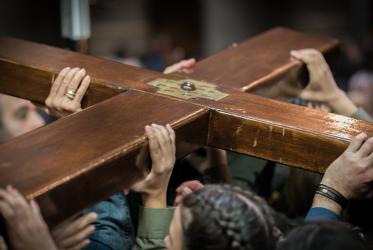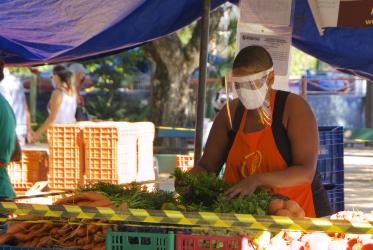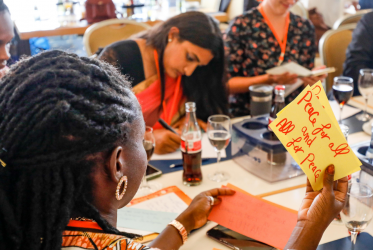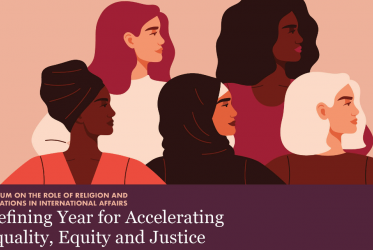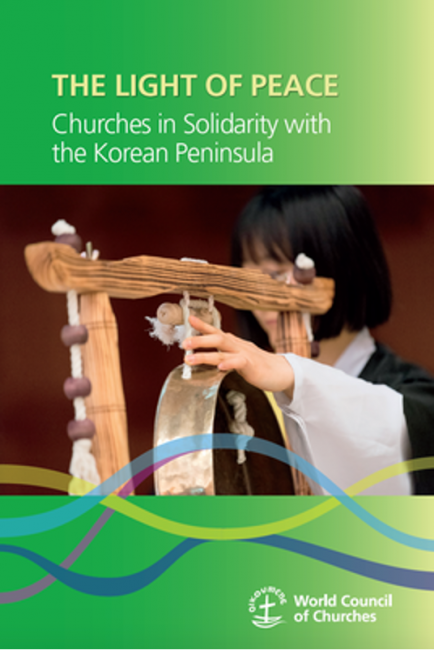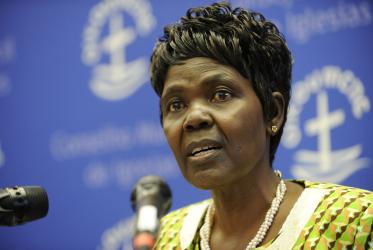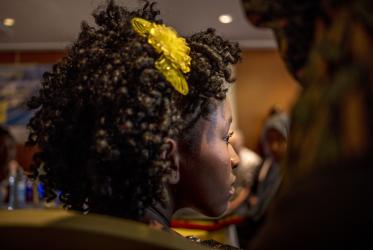Displaying 21 - 40 of 98
Rethinking Ecological Relationships in the Anthropocene era
11 - 13 February 2021
Brazilian churches call for transformative racial justice
23 November 2020
WCC executive committee maps future with hope in uncertain times
19 November 2020
Healing Together
A Facilitator’s Resource for Ecumenical Faith and Community-Based Counselling
15 October 2020
South Sudan Church leaders welcome new cabinet
15 March 2020
Freedom of religion rooted in justice
06 March 2020
